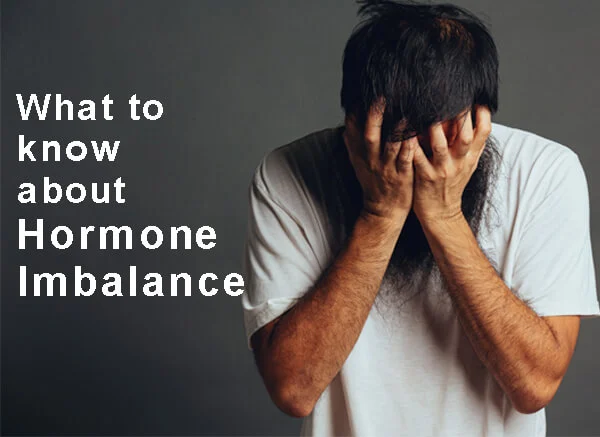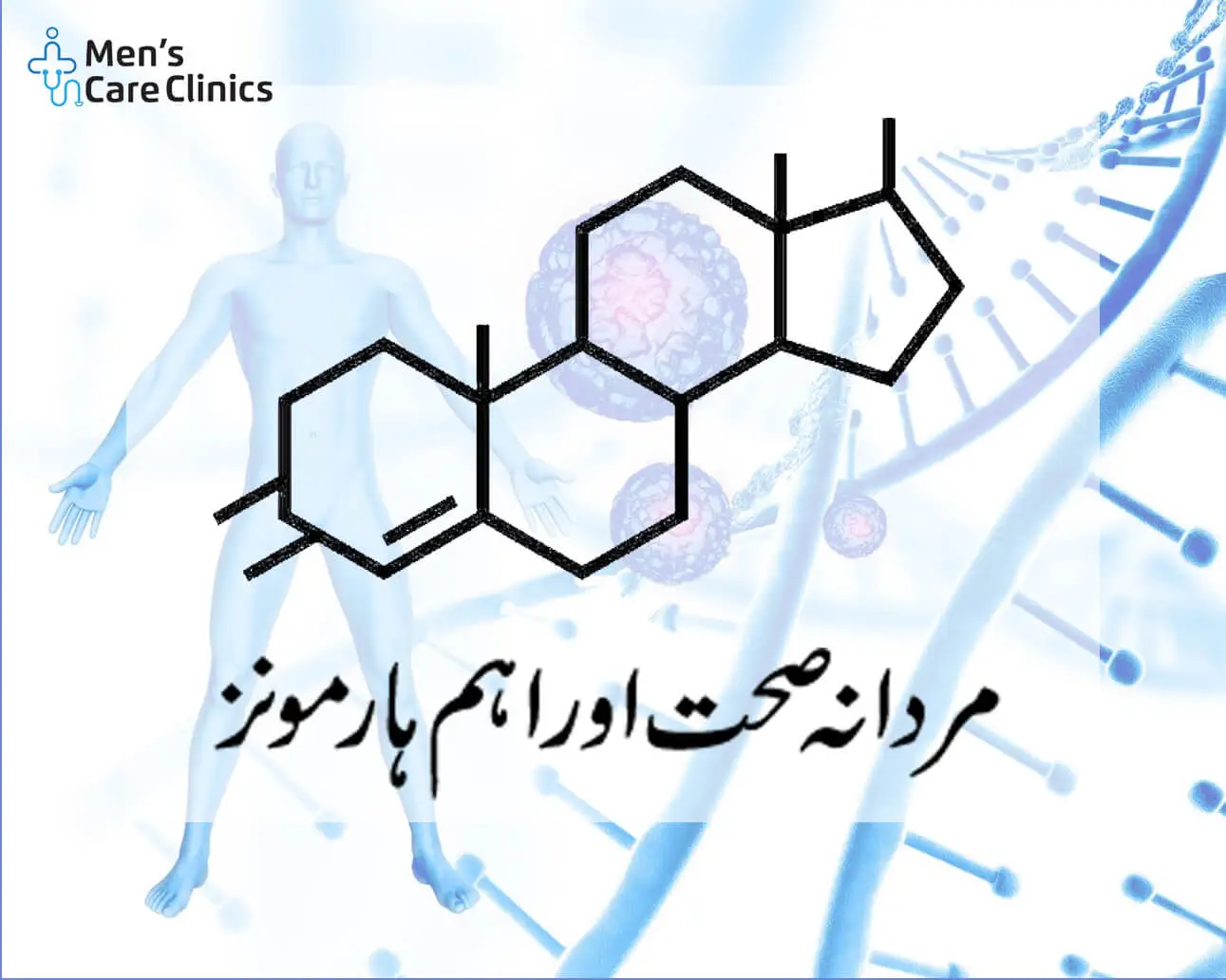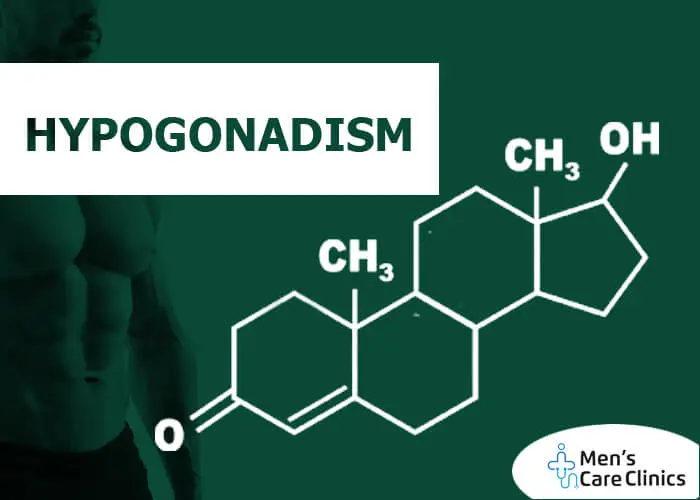What are hormones?
Various glands in the endocrine system make hormones, which are chemical messages. They control a lot of functions in the body, like growth and development, metabolism, mood, and reproduction. Hormones travel through the blood to the organs and cells. There, they work by attaching to specific receptors.
The endocrine system: A brief overview
The glands that make and release hormones are part of the endocrine system. Some of these glands are pituitary gland, thyroid gland, adrenal glands, pancreas, ovaries (in women) and testes (in men).These glands work together to maintain a delicate balance of hormones, which is essential for overall health and well-being.
Causes of Hormone Imbalances
Genetic factors, lifestyle, medical conditions, medications, stress, and environmental factors can cause hormone imbalances. Disruptions in the endocrine system can lead to excessive or deficient hormone production, resulting in various health issues.
Common Hormone Imbalances
- Estrogen dominance: When estrogen levels are relatively higher than other hormones, it can lead to symptoms like irregular periods, mood swings, and breast tenderness in females and, less body hair, enlarged breasts, low libido, lose of erection, low spermatogenesis in males.
- Hypothyroidism and hyperthyroidism: These are problems with the thyroid gland, which cause it to make too little (hypothyroidism) or too much (hyperthyroidism) thyroid hormone. These conditions can impact metabolism, energy levels, and various bodily functions which can cause premature ejaculation, low or high libido depending on its levels in blood.
- Polycystic ovary syndrome (PCOS): This is a hormonal disorder mainly affecting women of reproductive age. It can lead to irregular periods, and increased androgens (male hormones).
- Adrenal insufficiency: Hormones like cortical and aldosterone are made by the adrenal glands. If not enough of these hormones are produced, it may contribute to tiredness, weakness, and other health problems.
Symptoms of Hormone Imbalance
Hormone imbalances can manifest in various ways:
- Physical symptoms: These can include less erection, premature ejaculation, weight changes, skin problems, hair loss, and changes in appetite.
- Emotional symptoms: Mood swings, low sex drive, anxiety, depression, and irritability can be linked to hormone fluctuations.
- Reproductive symptoms: Hormone imbalances often affect menstrual cycle irregular periods and, infertility spermetogenises problems leading to issues like and difficulty conceiving.
Impact on Sexual Health
Libido changes: Hormone imbalances can affect sex drive in both men and women.
Erectile dysfunction and hormone imbalances: Low amounts of testosterone in men can make it hard to get and keep an erection.
Menopause and its effects on sexual well-being: Menopausal women often experience changes in hormone levels that can impact sexual health.
Diagnosis and Testing
– Hormone level testing: Blood tests can measure the amounts of hormones and find out if there is a problem.
– Medical history and physical examinations: A comprehensive assessment helps healthcare providers understand the context of the imbalance.
– Importance of consulting a healthcare professional: Proper diagnosis and treatment require the expertise of medical professionals. so that the Doctor can diagnose before starting your treatment, because if you know the problem it’s easy to solve, otherwise doing experiments on your health is not a good idea. So always try to diagnose your disease first to avoid unnecessary medicine.
Hormone Imbalance Treatment
Lifestyle changes: Hormone balance can be helped by what you eat, how much you exercise, how you deal with stress, and how much sleep you get.
Hormone replacement treatment (HRT): Sometimes, synthetic hormones can help the body get back in balance.
Medicine and surgery: Depending on what’s causing the problem, doctors might suggest medicine or surgery. Surgery is not so common but in the case of a tumor, you might need it.
Integrative approaches: Practices like acupuncture and herbal supplements are sometimes used with medical treatments. Which heal your body naturally and give you better results without any side effect.
Prevention and Long-Term Health
Maintaining a balanced lifestyle: Hormone balance can be improved by a healthy diet, frequent exercise, proper sleep and less stress.
Regular medical check-ups: Monitoring hormone levels and overall health is essential.
Education and awareness: When people understand the risks and symptoms related to hormones, they are more likely to ask for help.
Seeking Professional Help
- Consulting a sexologist: For sexual health-related concerns.
- Collaboration with endocrinologists and gynecologists: Specialists in hormones and reproductive health.
Case Studies
Real-life examples: Learning from other’s experiences can provide insights into managing hormone imbalances.
Their journeys: Personal stories highlight challenges and successes in managing imbalances
The Psychological Aspect
- Coping with the emotional impact: Hormone imbalances can have significant psychological effects.
- Mental health support and strategies: Therapy, support groups, and coping techniques can help manage emotional challenges.















